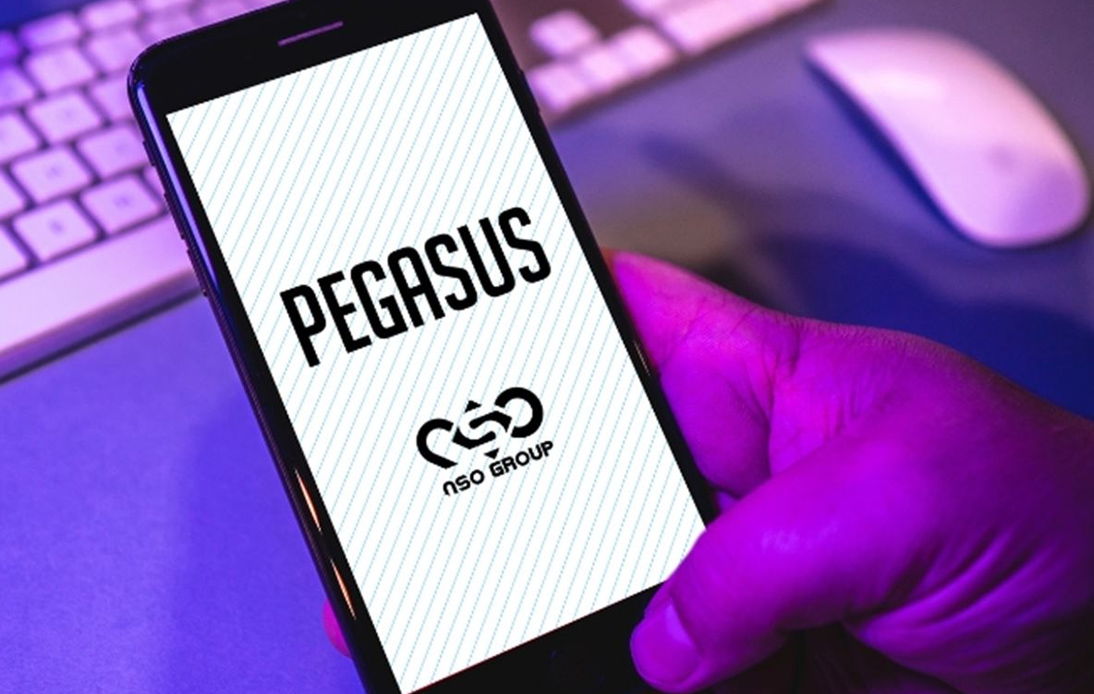
The controversial Israeli “Pegasus” spyware targeted dozens of Thai pro-democracy activists during the anti-government protests that have engulfed the country over the past two years, a report by an international digital rights group has shown.
Since 2020, crowds have joined mass demonstrations calling for greater civil freedoms and asking authorities to relax strict lese majesty laws that punish critics of the monarchy.
A report by Canadian security watchdog Citizen Lab in association with Thai groups iLaw and DigitalReach found that some 30 activists, lawyers, academics and NGO workers faced attacks on their devices. Most of them were connected to civil rights organizations.
Citizen Lab said those targeted included lèse-majesté attorney Arnon Nampa, activist Jatupat Boonpattararaksa and protest leader Panusaya Sithijirawattanakul.
Mr. Jatupat was denied bail earlier this year after being charged with insulting the monarchy. Ms. Panusaya is now on bail but faces at least ten royal defamation counts.
According to the report’s annotations, the spyware infections occurred between October 2020 and November 2021. The period coincided with widespread pro-democracy protests led by key anti-government figures and activists.
The Israeli company NSO Group designed Pegasus software, which can infiltrate mobile devices to extract data and activate cameras or microphones.
While the report doesn’t definitively pinpoint who was behind the spyware attacks, it cites NSO Group as saying the company only sells the technology to governments.
Moreover, the Thai NGO iLaw published an executive summary of the findings, saying: “It can be circumstantially concluded that the use of Pegasus against dissidents would be of significant benefit to the Thai government.”
All targeted activists had already been tipped off about the spyware infection, as Apple sent out a notification that their devices had been targeted by state-backed attacks in November last year.
After an independent investigation, Amnesty International condemned the hack. Technologist Etienne Maynier also criticized the findings, saying the new revelations were a shocking example of “how low authorities might stoop to control peaceful dissent.”
“It is worth remembering that this is only what has been found so far, and the scale of surveillance attempts could be bigger and more damaging,” the technologist added.
It was not the first time that Israeli software has been used to survey dissidents. Its developer faces a lawsuit in the US by Apple, with the tech giant saying that Pegasus has been employed to infiltrate iPhone devices.




















